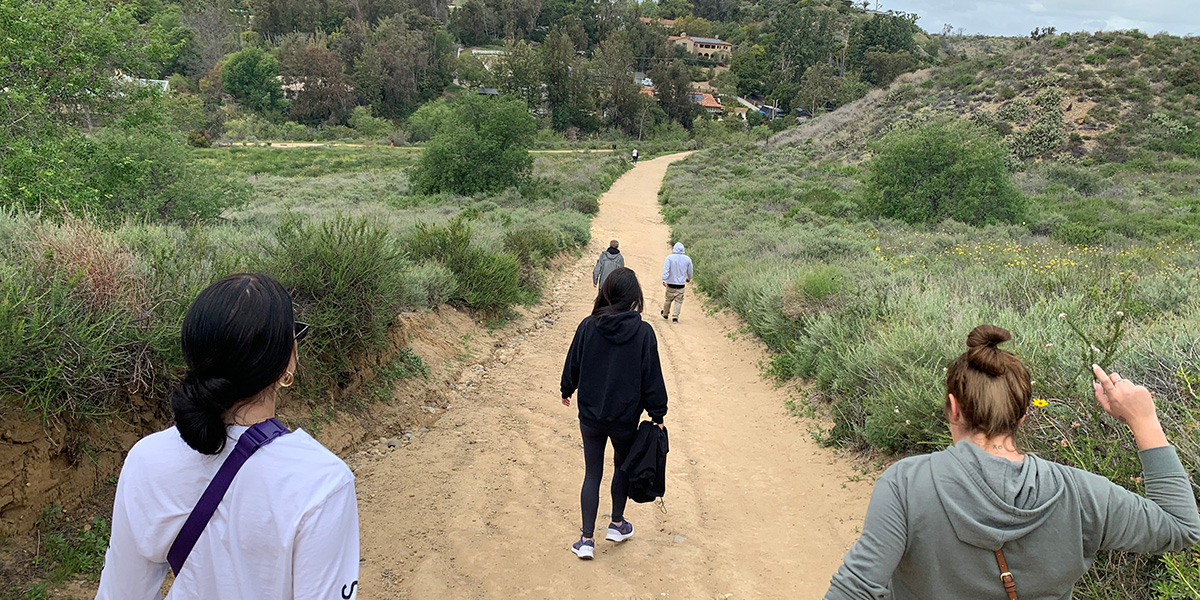Decision making is part of daily living. We are faced with life scenarios on a continual basis that require us to make choices. Some decisions can be easy, such as choosing what to wear, what to eat for breakfast, and when to go to sleep. Other decisions can be difficult, such as where to go to college, what career to choose, and whether or not to get married.
The following 5 keys can help in the process of making good decisions. Applying these principles can be the difference between success and failure.
1. Keep your eyes on the prize
One of the key components in good decision making is to focus on the goal you are trying to achieve. Ask yourself “What is the issue that needs to be solved?” “Why does this issue need to be solved?” Answering these questions will help you to make wise decisions. When you are able to figure out why you make a certain decision, it will better serve you in staying with it.
2. Do your due diligence
Gathering the necessary information that is related to what you are trying to solve will help you understand what needs to be done and create ideas for possible solutions. When doing this, it may be a good idea to make a list of possible alternatives, even if they sound silly or appear unrealistic. It is also a good idea to seek opinions from people you trust because it will help you come up with a variety of solutions when weighing all options in making a decision.
Some people can think about a decision for hours and hours. If the information gathered is limited or poor in quality, all efforts and thoughts will not be as effective. The more reliable information and facts that can be attained and considered about a decision, the amount of uncertainty minimizes and we can make better choices.
3. Consider the outcomes both fair and foul
This concept is just as vital as identifying a goal to achieve because this will help in determining the outcome of your final decision and how it will impact not only yourself but others that are involved. The questions you can ask yourself are “What is likely to be the result?”, “How will it affect me now?”, “How will it affect me later?”
This also allows you to weigh the positives and negatives of different possible options. You want to feel comfortable with all options and the possible outcomes with the decision you eventually make.
4. Make your move
Once you identify the prize, perform your due diligence, and weigh the fair and foul, it is time for action. You need to make that choice and follow through with it. Keep in mind that even though a decision has been made, some people may experience some level of anxiety. This is because at this point, you have to trust your intuition.
Also, once a decision is made there still may be a feeling of indecisiveness present. Regardless, you have to think about how the final decision makes you feel. You need to ask yourself “Does this feel right?”, “Does this decision work best for me now?”, and “Does this decision work best for me in the future?” Answering these questions can help you feel good about the decision you made.
5. Go to the replay
Once a decision has been made and put into action, it is important to evaluate that decision and the steps taken to make sure it works. Doing this will further assist in developing the skills in decision making for future scenarios. It may also lead you to seek out new information and make changes along the way.
Performing this step takes patience and perseverance because it may take time for the final outcome to be seen. If you are able to recognize that the first decision made has not worked, you may have to go back and choose another option.
Conclusion
It’s important to understand that some decisions we make can become life-changing as these decisions shape who we are and what we can become in the future. A wise man once said “Better decisions lead to fewer regrets.” It is also important to understand that good decision making is a process that needs to be learned because we are not born with this skill. Just as an athlete who puts in the extra work to be the best at his/her sport, a good decision maker will take the time to look at the “big picture” and consider all the outcomes.

